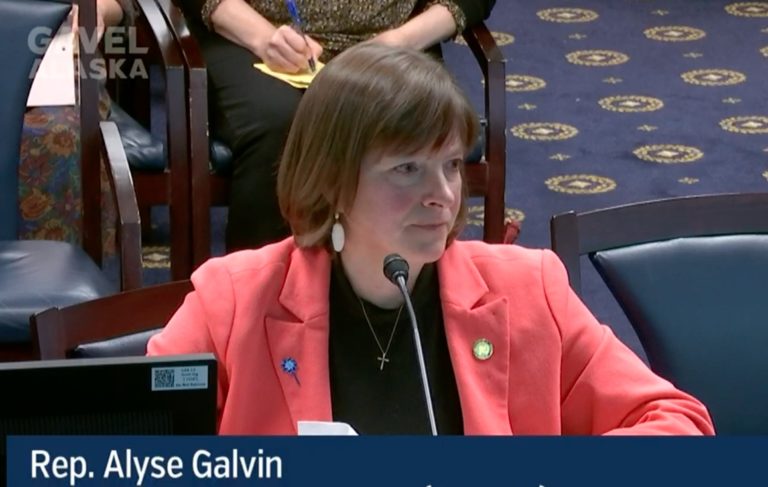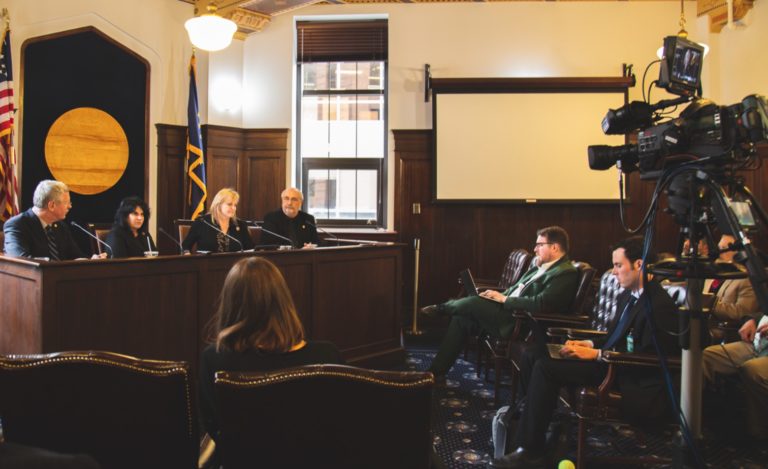At a time when the Covid-19 vaccine recommendations seem to change with the season, the Food and Drug Administration now says people ages 65 and older and those who are immunocompromised are allowed to receive an additional dose of Covid-19 vaccine this spring, if they want one. Also, some of the earlier versions of the Covid vaccine are no longer authorized in the United States.
“This action includes authorizing the current bivalent vaccines (original and omicron BA.4/BA.5 strains) to be used for all doses administered to individuals 6 months of age and older, including for an additional dose or doses for certain populations. The monovalent Moderna and Pfizer-BioNTech COVID-19 vaccines are no longer authorized for use in the United States,” the agency said. A monovalent vaccine has just one strain of a virus. A bivalent vaccine is a vaccine with two strains of a virus.
“Many different vaccines have both monovalent and bivalent versions, including flu vaccines and COVID- 19 vaccines,” the FDA explains, confusing the matter.
The updated Pfizer and Moderna Covid-19 boosters are bivalent — they target more than one strain of Covid. They were created with the original strain of Covid-19, and newer omicron variant strains, BA.4 and BA.5.
The original Covid-19 vaccines for most primary series and original boosters from early 2021 are monovalent. These vaccines were created from the original strain of the virus and are the ones no longer approved. The Novavax booster is monovalent and does not target recent strains, such as Omicron.
According to the new guidance, people 65 and older should only get another shot if at least four months have passed since their most recent Covid booster, according to the FDA. For those immunocompromised individuals, the FDA suggests a two-month interval. Immunocompromised people could get additional doses after that “at the discretion of, and at intervals determined by, their health care provider.”
The announcement was made on Tuesday. On Wednesday, the Centers for Disease Control and Prevention’s Advisory Committee on Vaccine will meet to make its recommendation on the Covid-19 vaccine schedules. The agenda is at this link.
The FDA is following Canada and the United Kingdom, which earlier announced that only older adults, adults who live in care facilities, and people who are immunocompromised would have access to an additional booster of vaccine this spring. In the U.K., adults 75 and older are eligible, while only Canadians 80 years or oder can receive the extra dose.
The FDA also said children 6 months through 5 years of age who have received one, two or three doses of a monovalent COVID-19 vaccine may receive a bivalent vaccine, but the number of doses that they receive will depend on the vaccine and their vaccination history.
Read more at this FDA advisory link.








